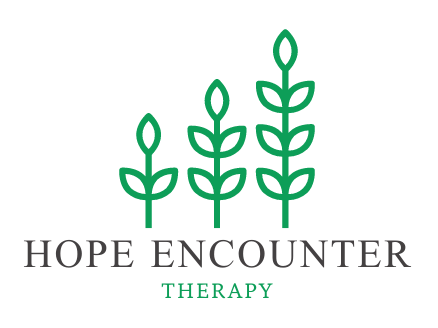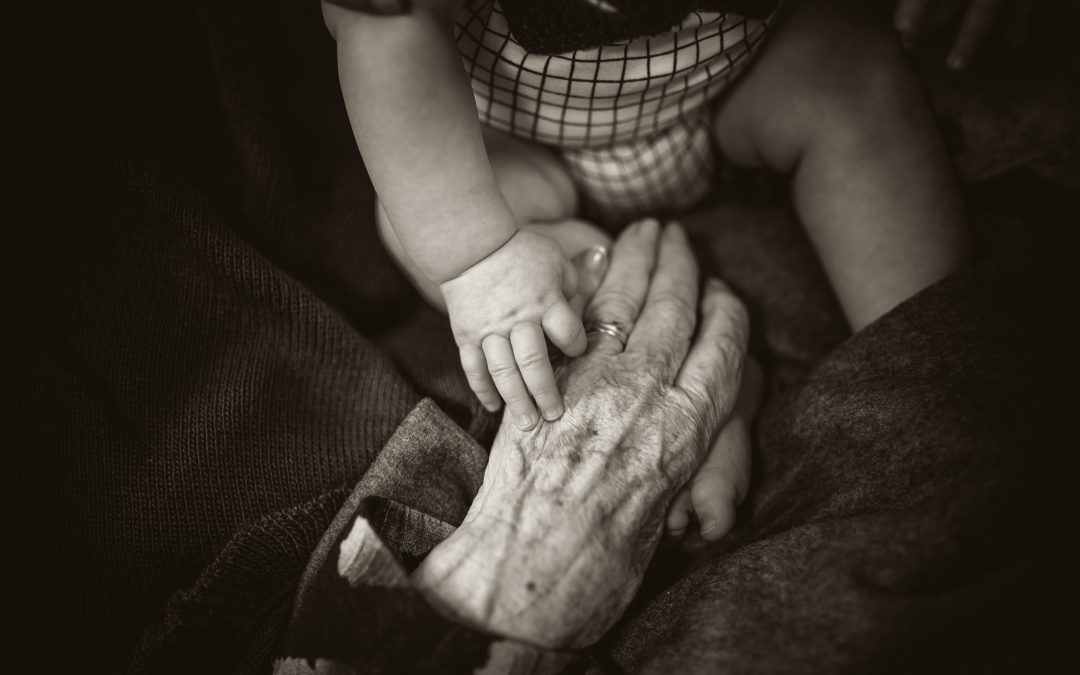I don’t know all of what happened. I just know that it was significant. Both sides of my family are secret keepers—much of my family history I learned as an adult. And, much of it is traumatic.
My maternal grandfather isn’t my biological grandfather. My mother’s father left her, and my grandmother, when she was one-year-old. My grandmother went to her grave not talking about it and not allowing my mother a relationship with her father. After she died, my mother looked for her father. She found her half siblings. Her father died a few months before my grandmother. Her half siblings told her he talked about my mom often and attempted communication but my grandmother always thwarted it. We will never know the truth. But, we will, especially my mother, continue to carry the unresolved trauma of abandonment and loss.
My paternal grandfather was taken in by a family after the death of his parents when he was a toddler. Their last name was Sullivan and though he took their name, they never adopted him. He became an abused farm hand on their potato farm. Forced to sleep in a shed-like structure attached to the main house.
I grew up with the last name Sullivan but my real maiden name is Tremble. I found this out as an adult.
Though I did not see this side of my grandfather—I suppose he mellowed as he aged, he was emotionally abusive toward my dad. One of thirteen, and the slightest and least athletic of his brothers, he was picked on and belittled by my grandfather. It’s all theorizing now, but my guess is, my grandfather was angry and took it out on an easy target—his tender-hearted, compliant, pleasing son.

The initial unresolved trauma can bring a host of symptoms; anxiety, other mood and thought disorders, substance abuse and addiction, low self-esteem, eating disorders, inability to maintain healthy relationships with other people, self and God.
Often, a difficult relationship with a family member brings someone to therapy. In therapy, we recognize the impact of intergenerational trauma. It’s one of the first “ah ha” moments in the journey to healing. You can’t change your family of origin and you can’t change the traumatic experiences you or previous generations suffered, but you can use the history to re-write your future. Knowing the impact of previous traumas helps make sense of your struggles to this point and takes away the notion you are flawed, weird or an anomaly. Previous events affected you but now, you get to alter your future.
And, my beautiful friend, you also get to alter the future for your children and grandchildren. With your willingness to put in the hard work, the really hard work of trauma therapy, you get to move into the future with hope and freedom for you and coming generations.



